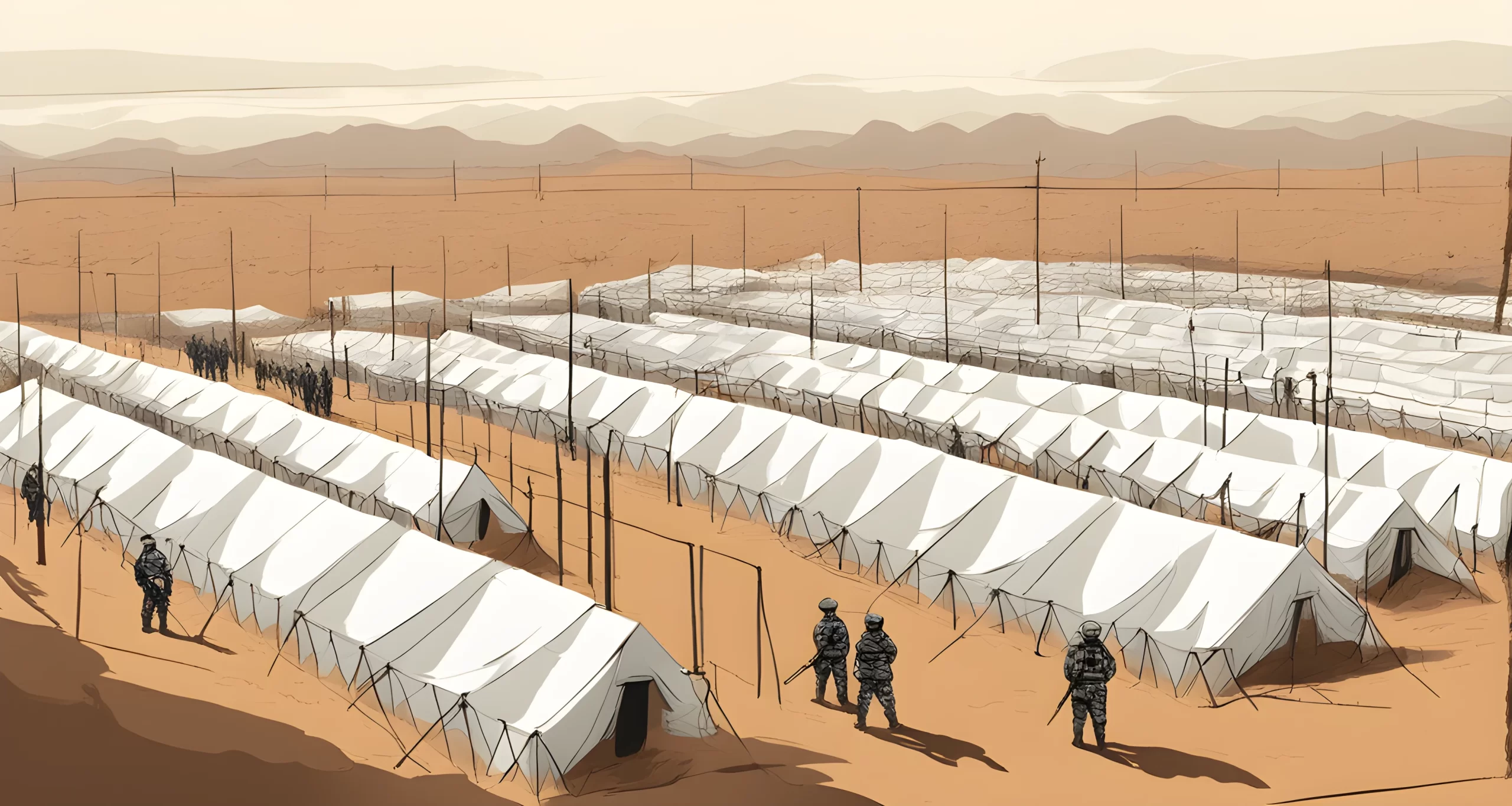Introduction
The FEMA camps conspiracy theory, which posits that the United States Federal Emergency Management Agency (FEMA) is secretly constructing concentration camps to imprison American citizens, is a belief particularly prevalent within the American Patriot movement. This theory has gained significant traction in the 1990s and experienced a resurgence in popularity during the late 2000s and early 2010s.
The notion of government-run concentration camps has sparked fear and distrust among certain segments of the population, leading to widespread speculation and concern about the government’s true intentions. This theory has also fueled a broader skepticism toward government agencies and mainstream media, as conspiracy theorists often view these entities as complicit in covering up the alleged existence of FEMA camps.
Throughout this article, we will delve into the origins of the FEMA camp conspiracy theory, examine attempts to debunk it, explore its impact on society, and analyze the underlying reasons for conspiracy theorists’ distrust of government agencies and media. We will also address concerns about government actions and provide a comprehensive overview of this controversial topic.
To understand the context of this conspiracy theory, it is important to recognize its ties to broader suspicions about government power and control, as highlighted in articles such as Influence on government.
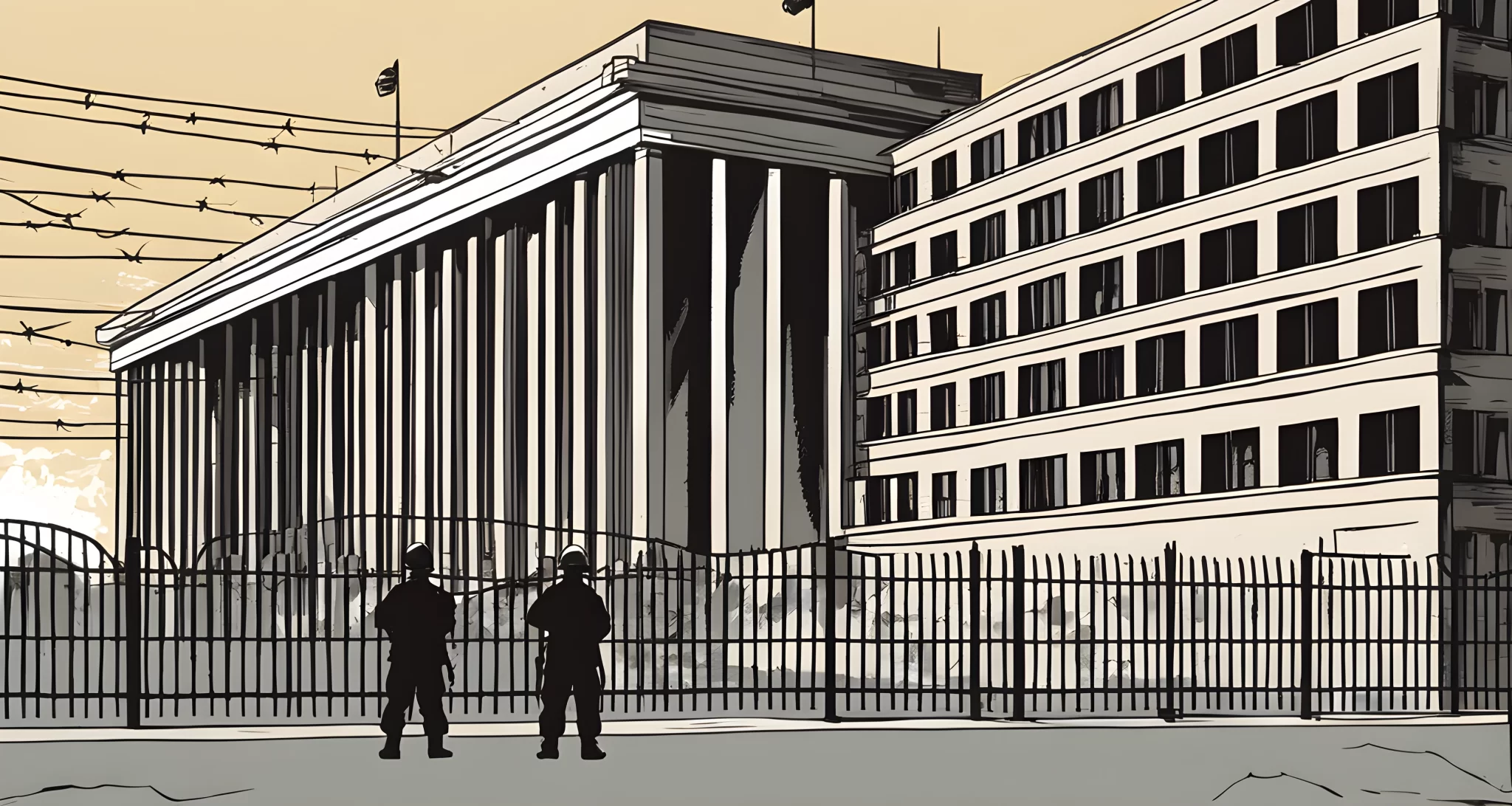
The Origins of the FEMA Camp Conspiracy Theory
The origins of the FEMA camp conspiracy theory can be traced back to the early 1980s, and it gained momentum in the 1990s. The theory experienced a resurgence in popularity among conservatives and libertarians following the election of Barack Obama. The belief has been circulating for decades and has been particularly prevalent within the American Patriot movement.
Some key points about the origins of the FEMA camp conspiracy theory include:
- The theory first emerged in the 1980s, gaining traction in the 90s.
- It experienced a resurgence in popularity after Barack Obama’s election.
- It has been particularly prevalent within the American Patriot movement.
The belief in FEMA camps has deep roots in American history, and its resurgence is indicative of underlying societal anxieties and distrust of government institutions. This theory taps into fears about government overreach and loss of personal freedoms, sparking intense debate and speculation among certain segments of society. Arizona UFO Encounters
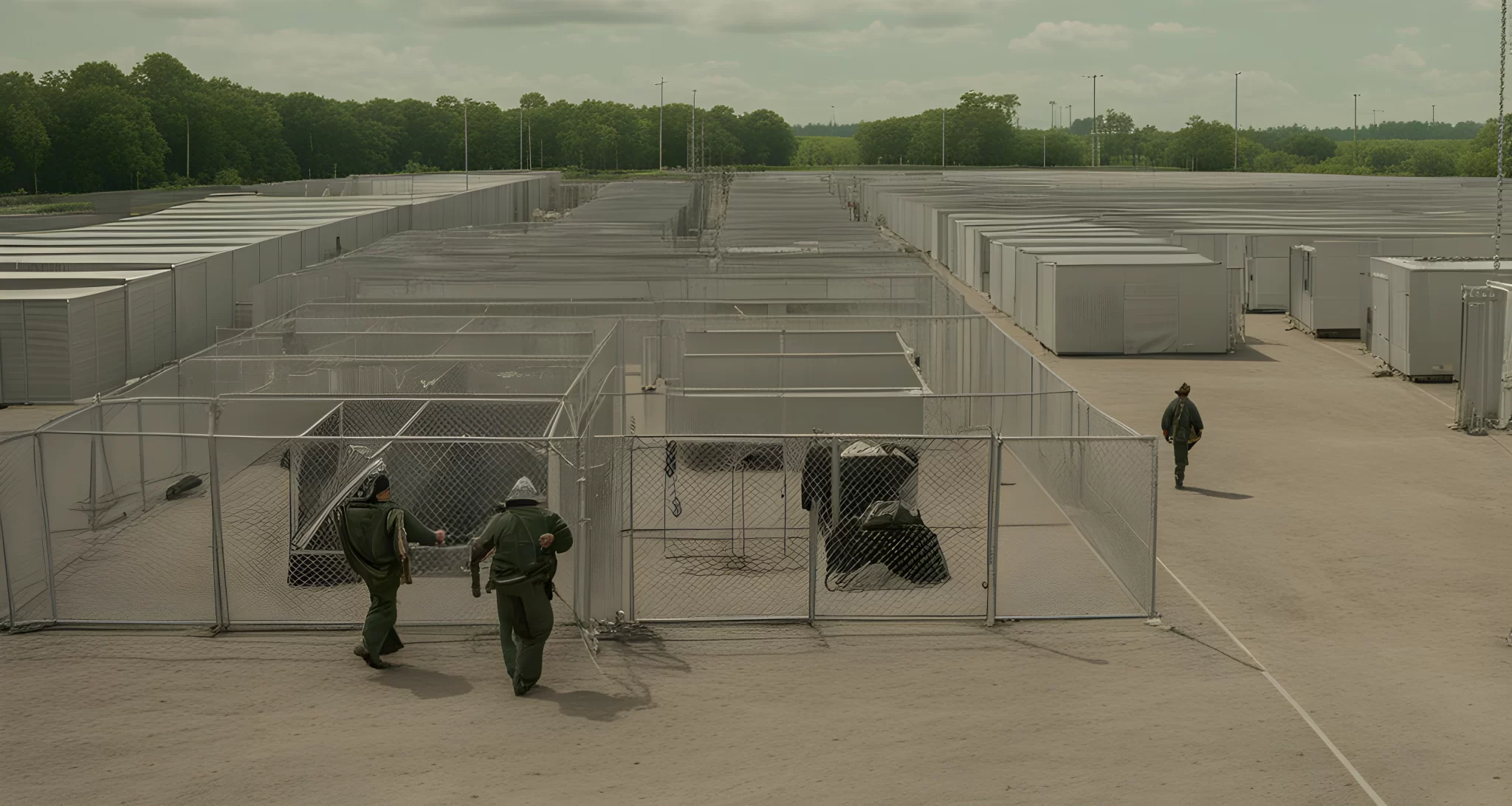
Debunking the FEMA Camp Conspiracy Theory
Various media outlets, including Popular Mechanics, have debunked the FEMA camp conspiracy theory. They have shown that the supposed evidence of these camps is often outdated, misinterpreted, or fabricated.
- The evidence presented was from 1995 and had been circulated around the internet to perpetuate the myth.
- FOX News personality Glenn Beck also addressed the theory, pointing out that the video evidence presented was from 1995 and had been circulated around the internet to perpetuate the myth.
It’s important to note that credible sources have thoroughly investigated and discredited the belief in FEMA camps. This demonstrates that much of the information circulating about these supposed camps is not based on factual evidence.
For more information about how media outlets debunk conspiracy theories, you can read Amityville Horror true.
By examining these debunked claims, it becomes clear that there is no substantial proof to support the existence of FEMA camps. It is crucial to rely on trustworthy sources and factual evidence when evaluating such theories.
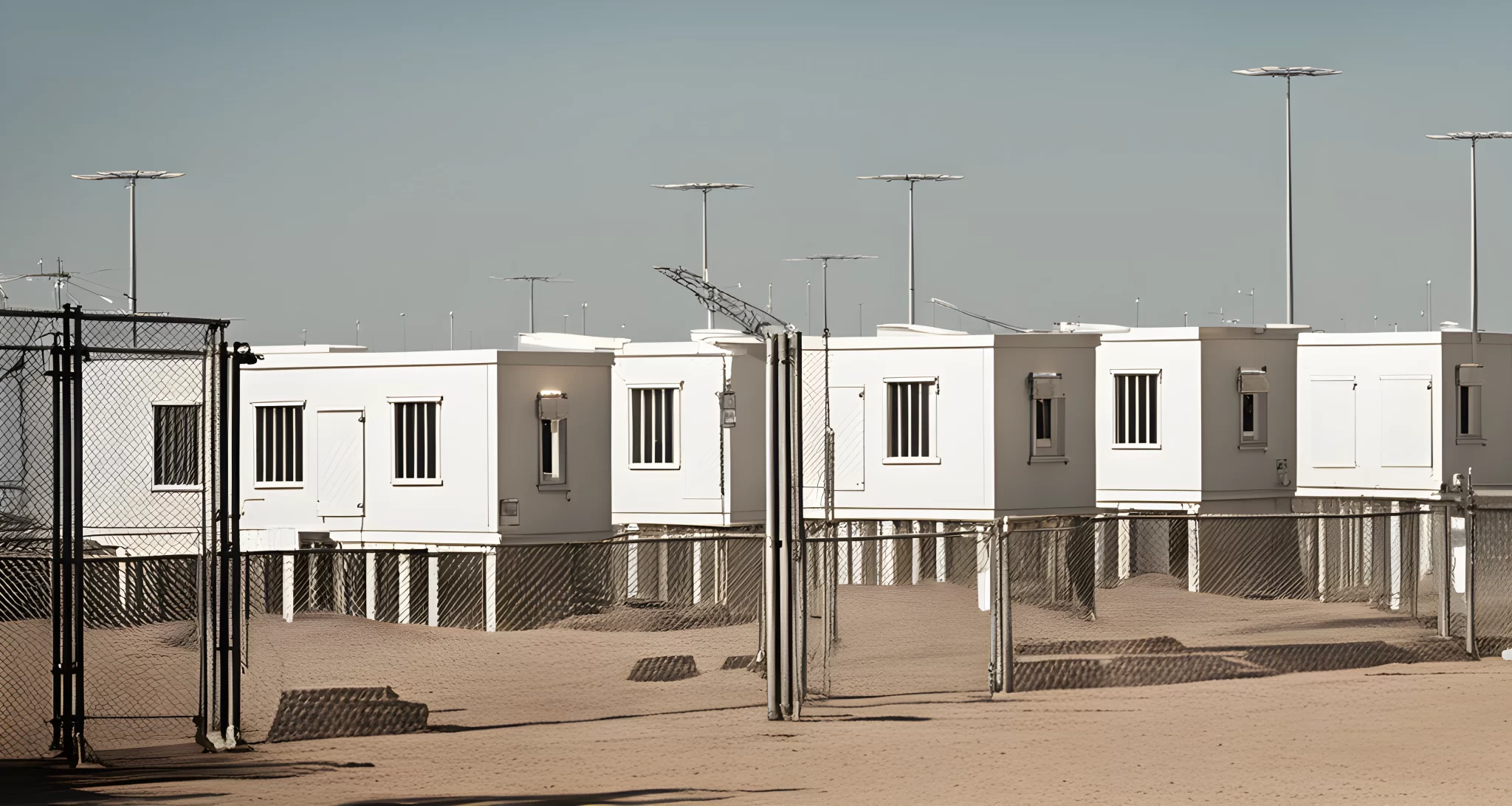
The Impact of the FEMA Camp Conspiracy Theory
The spread of the FEMA camp conspiracy theory has had significant impacts on public perception and government agencies.
-
Public Fear and Distrust: The theory has led to widespread fear and distrust of government agencies, with many individuals believing that they are being targeted for potential internment. This has created a climate of suspicion and paranoia, leading to increased tension between citizens and authorities.
-
Media Influence: The theory has also had a significant impact on media perception, with many individuals believing that the media is complicit in covering up the existence of these camps. This has led to a growing distrust of mainstream media sources, as individuals seek out alternative outlets for information Media Predictive Programming.
-
Government Denial: Despite consistent denials from FEMA itself, the theory continues to persist. This has led to a lack of faith in official government statements and further fueled conspiracy theories surrounding the existence of these camps.
-
Social Division: The spread of the FEMA camp conspiracy theory has also led to social division, pitting believers against non-believers and creating rifts within communities. This has further eroded trust and unity among citizens.
The impact of this conspiracy theory cannot be overstated, as it continues to shape public opinion and sow seeds of doubt and fear.
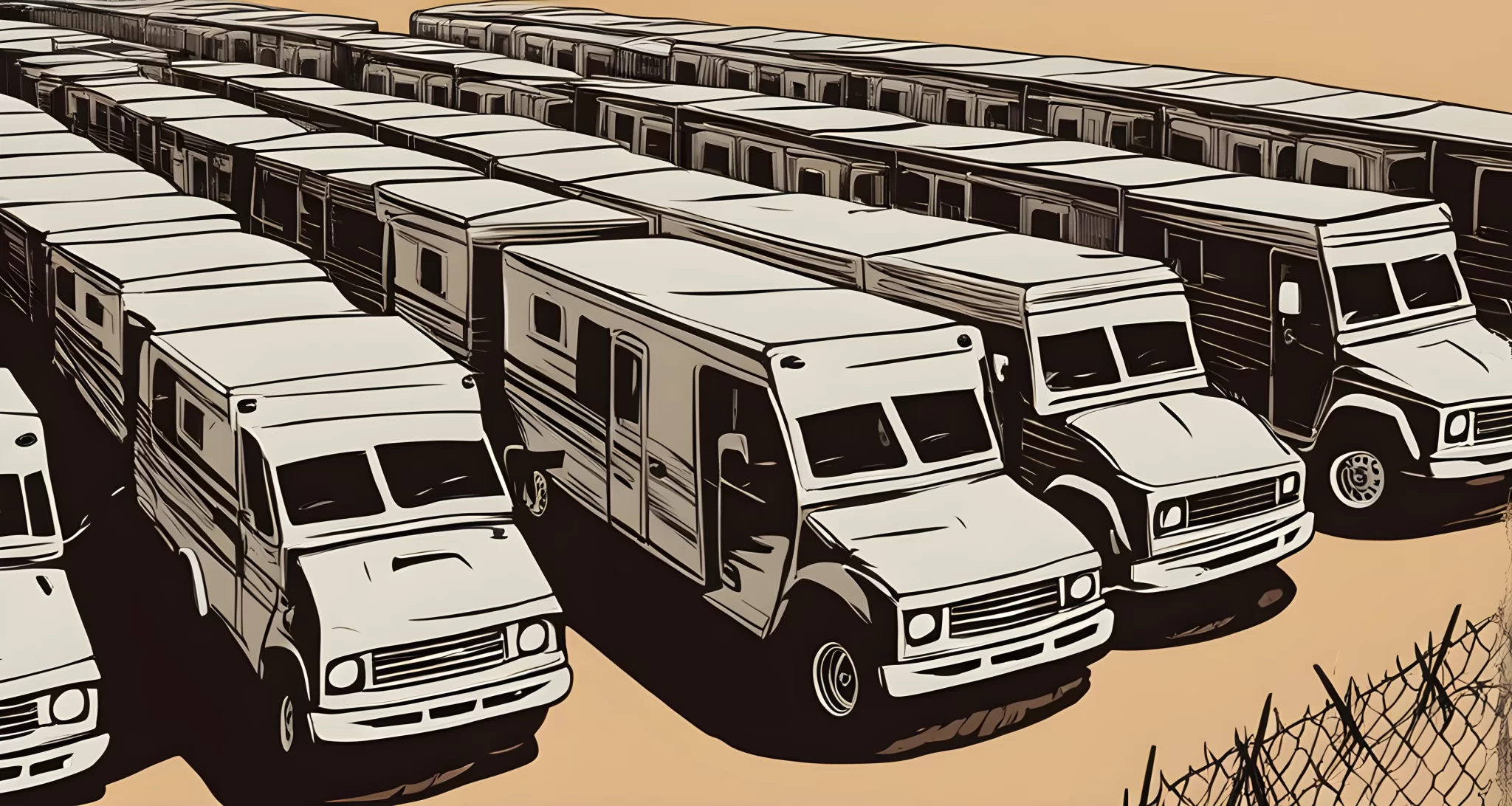
Conspiracy Theorists’ Distrust of Government Agencies and Media
The impact of the FEMA camp conspiracy theory has been significant, particularly in terms of the distrust it has cultivated towards government agencies and media. This theory has contributed to a general atmosphere of suspicion and skepticism, particularly among those who believe in it. This has had implications for public perception and political discourse.
-
Distrust Towards Government Agencies: Believers in the FEMA camp conspiracy theory often express a deep-seated distrust of government agencies such as the Federal Emergency Management Agency (FEMA). They view these agencies as untrustworthy and capable of carrying out nefarious activities without public knowledge or consent.
-
Skepticism Towards Media: The theory has also fueled skepticism towards mainstream media, with many conspiracy theorists believing that the media is complicit in covering up the existence of FEMA camps or downplaying their true purpose.
-
Social and cultural influences: The prevalence of conspiracy theories such as the FEMA camp myth can be linked to broader social and cultural influences, including a growing distrust of institutions and authority figures.
The pervasive climate of suspicion and distrust generated by the FEMA camp conspiracy theory has had a tangible impact on public discourse and attitudes towards government and media.
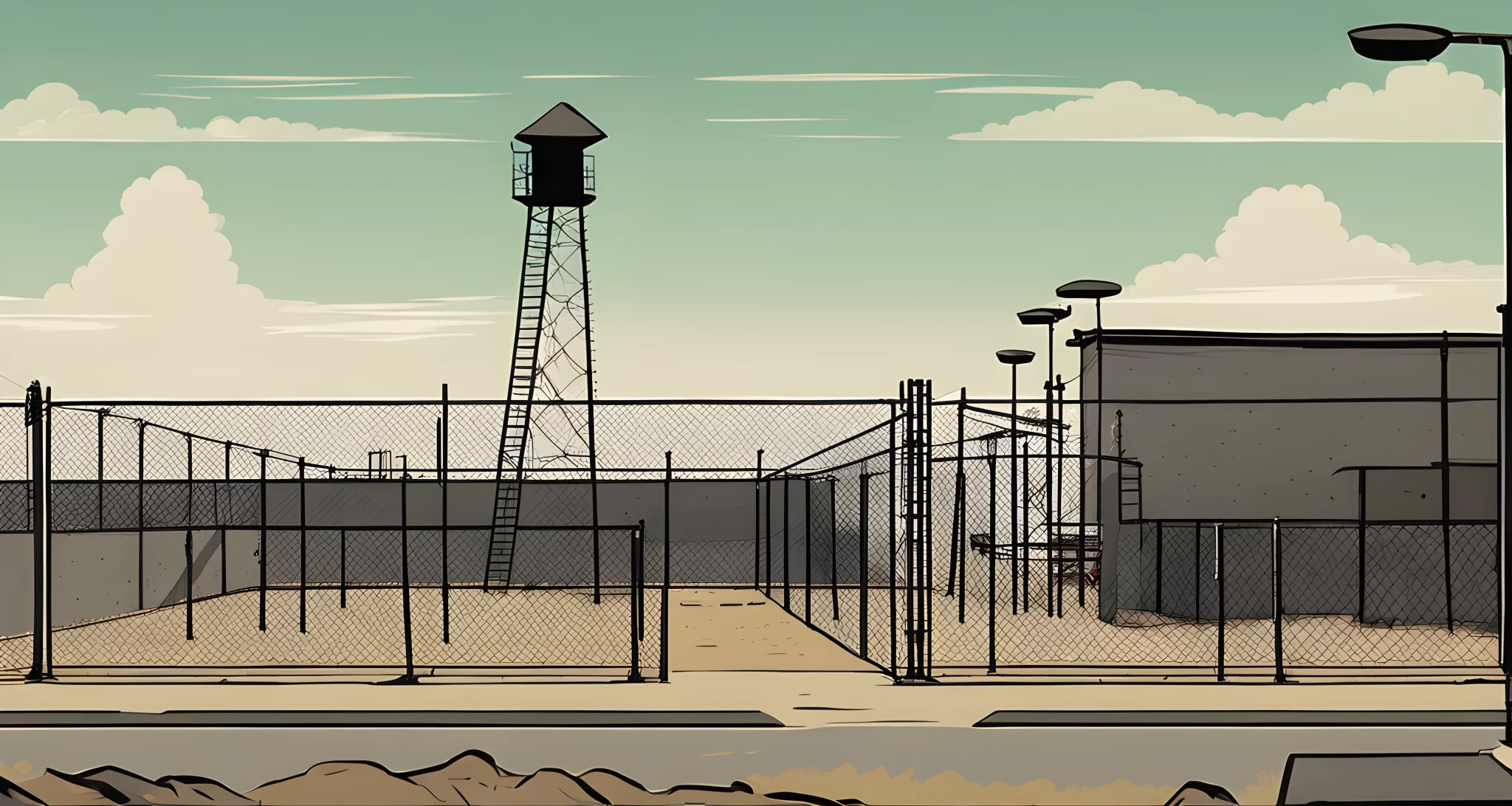
Addressing Concerns About Government Actions
In addressing concerns about government actions related to the FEMA Camp conspiracy theory, it’s important to consider the impact of popular culture on perpetuating this belief. The theory has been featured in various forms of media, including discussions, documentaries, and fictional portrayals, which have contributed to its staying power and influence on public opinion.
Impact on Public Opinion
- The theory’s presence in popular culture has further ingrained it into the public consciousness.
- This has led to a heightened sense of distrust and skepticism towards government agencies and media.
The Role of Media
- Documentaries and discussions surrounding the FEMA Camp conspiracy theory have given it a platform for dissemination.
- Fictional portrayals have also fueled public interest and belief in the theory.
Implications for Addressing Concerns
- The widespread exposure of the theory through popular culture makes it crucial for authorities to address and debunk it effectively.
- Engaging with the public through various media channels is essential in dispelling misinformation and fostering trust.
By examining the influence of popular culture on the perpetuation of this conspiracy theory, we can better understand its impact on public opinion and work towards addressing concerns about government actions. For more insights into how misinformation spreads in society, check out our article on Vaccine hesitancy.
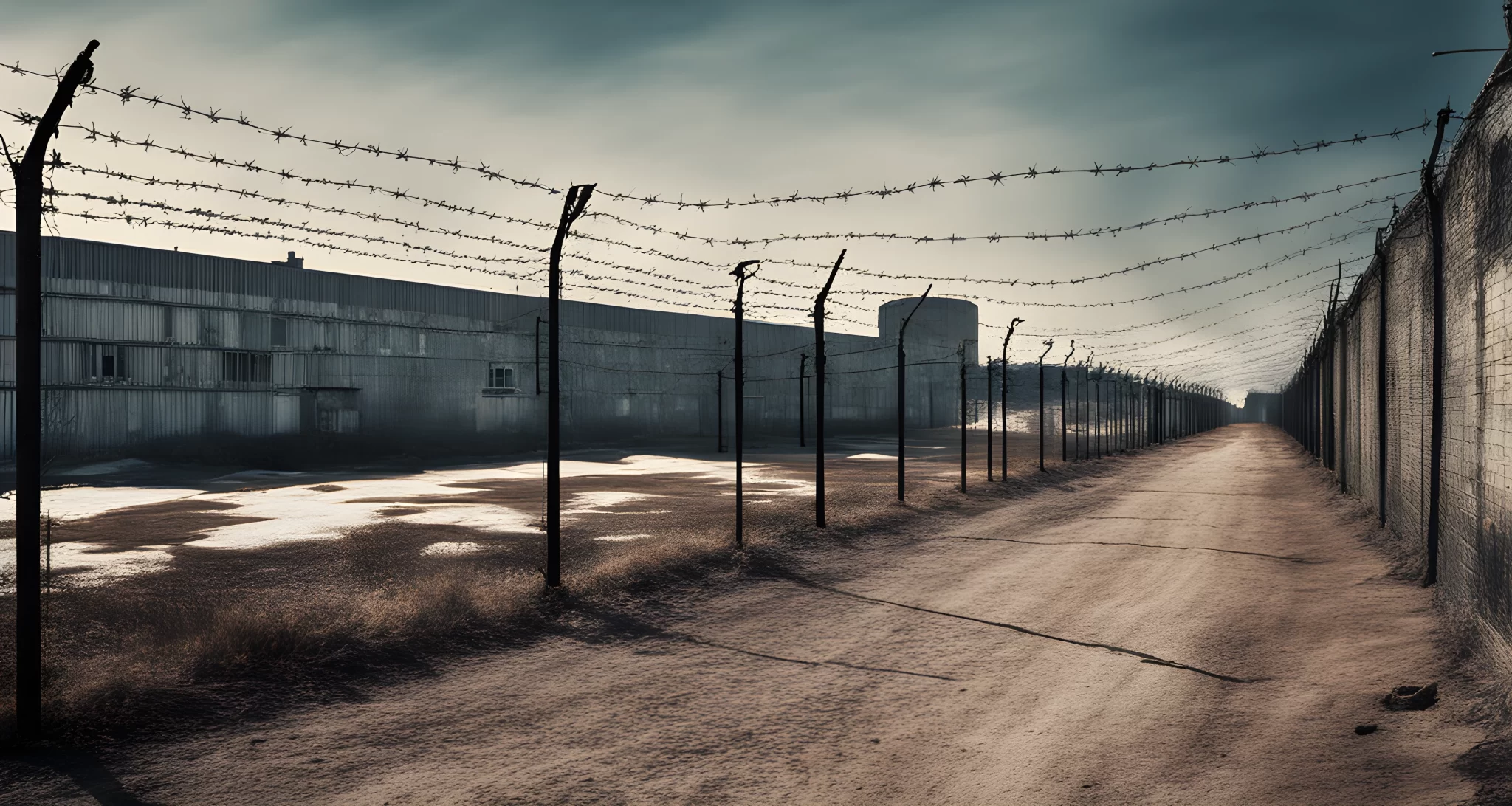
Conclusion
The FEMA camp conspiracy theory has gained significant traction, leading to widespread fear and distrust among the public. However, addressing concerns about government actions is crucial in dealing with the fallout from such theories. Government agencies and media outlets must work to earn back trust and credibility, provide transparent information, and address the underlying issues that give rise to such conspiracy theories. Open and honest communication can help to dispel unwarranted fears and doubts.
The impact of the FEMA camp conspiracy theory cannot be underestimated, and it is essential to debunk such theories with factual evidence and logical reasoning. It is also important for individuals to recognize the role of distrust in government agencies and media outlets in perpetuating such theories.
To gain a better understanding of why conspiracy theories persist, it is essential to delve deeper into the psychology and social dynamics that fuel them. For example, persistent flat earth theory Persistent Flat Earth Theory is an example of how misinformation can persist despite overwhelming evidence to the contrary.
In conclusion, addressing concerns about government actions, rebuilding trust in institutions, and promoting critical thinking are essential steps in combating the spread of conspiracy theories like the FEMA camp theory.
FAQ
What is the fema camps conspiracy theory?
The fema camps conspiracy theory claims that fema is secretly building concentration camps to imprison american citizens, particularly prevalent within the american patriot movement.
Has the theory been debunked?
Yes, the theory has been widely debunked by various media outlets and organizations, including popular mechanics and the skeptic project.
Has fema denied the existence of such camps?
Yes, fema has consistently denied the existence of such camps, with a press secretary stating that the rumors are nothing more than conspiracy theories.
How has the theory been addressed in popular culture?
The theory has been featured in various forms of popular culture, particularly gaining traction in the late 2000s and early 2010s, following the election of barack obama.
